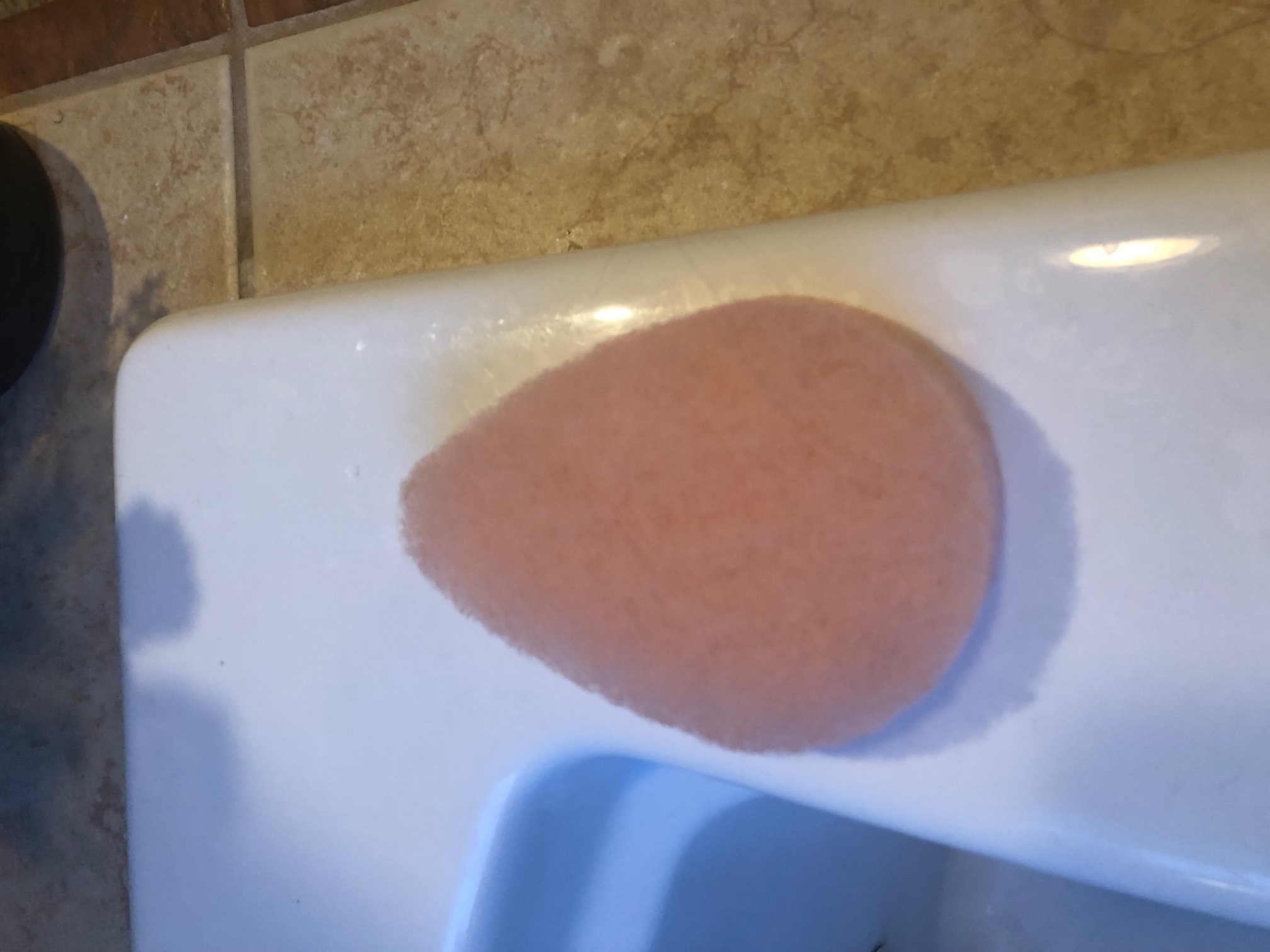Exfoliation and Sun Exposure
Mar 8th 2024

Winter time brings an unwelcome side effect when it comes to our skin. Since the humidity, which is literally the amount of moisture in the air, dramatically decreases during winter, our skin needs some extra TLC to help it maintain that precious moisture. Especially the older we get, since our skin has a harder time retaining moisture with age as well.
While decreased humidity can be a drag for our skin, it is a boon for our hair. Related: Humidity is Coming: How to Best Protect Your Hair Most hair types do notably better in the lower humidity months in retaining its shape and locking out frizz. However most skin types definitely don't love the drying environment. So as with most everything else in life, the seasons bring with them their benefits and their drawbacks.
Drier Skin is Easier to Exfoliate
This is precisely why winter is prime time for a little extra exfoliation effort. Whether you employ mechanical exfoliation, assisted exfoliation (with some sort of device), or a chemical or enzyme peel, your skin will definitely appreciate the removal of dulling dead skin cells.
Removing this top layer will really pay dividends in drier environments since the dead skin that builds up as a result of dryness tends to really dull and grey out the complexion.
This doesn’t mean you can’t still exfoliate in the summer time, it’s just that winter presents two unique benefits for removing dead skin. First, we’ve already gone over the drier environment factor.
Second, there is the sun and UV exposure factor that increases with the higher UV exposure that naturally accompanies the spring and summer seasons in most states. What would this have to do with exfoliation?
Serious Sun Protection is Even More Important for Your Facial Skin After Exfoliation
Most people are aware that good sun protection is critical for facial skin. It helps to seriously reduce signs of photo-aging which includes fine lines and wrinkles, sun spots and uneven skin tone. The face is also the area that is most prone to getting UV exposure related basal cell carcinomas and other skin cancers, because of its constant exposure to sunlight.
Good facial sun protection becomes even more critical after exfoliation. The top layer of the skin may be a dulling force when it comes to your skin’s appearance, but it really does add an extra layer of protection from the potentially damaging rays of the sun.
Layer it On – and Increase the SPF
After exfoliation, it’s important that you not only layer the sunscreen thicker than you normally would, but also if you have a level higher SPF than what you normally use that helps too. For example, if your facial SPF is a 15, then try opting for something above 30 for another added layer of protection. Related: Face Cream - Layer it on!
Make sure that when shopping for a sunblock you intend to use on your facial skin, you look for something that specifies it is meant for the face. The facial SPF products are usually formulated without heavy oils and masking agents like petroleum or mineral oil-based ingredients.
These types of ingredients can really clog the pores on the face, where you have a lot of larger pores that are more prone to breaking out. Not only that, no one wants to put a heavy, greasy product on their face. Most people prefer a lighter formula without all the masking agents when it comes to facial skin.
If You Wear Foundation, Find One That Includes SPF
Foundation is hands down one of the best ways to get dual outcomes for one price. Foundation covers uneven skin tone and helps to brighten the complexion (if you choose the right one for your skin type).
On top of that, if it includes a sun protection factor (SPF), then you are also getting extra sun protection just by wearing something you would likely normally wear every day anyway. UV Protection: The Best and Most Convenient Way to Protect Your Face
It’s a great way to ensure you are automatically applying sunblock every single day, even on the days when sun is scarce and you tend to not think about sun protection. Even those days will still expose your skin to UV light, it’s just not as obvious.

